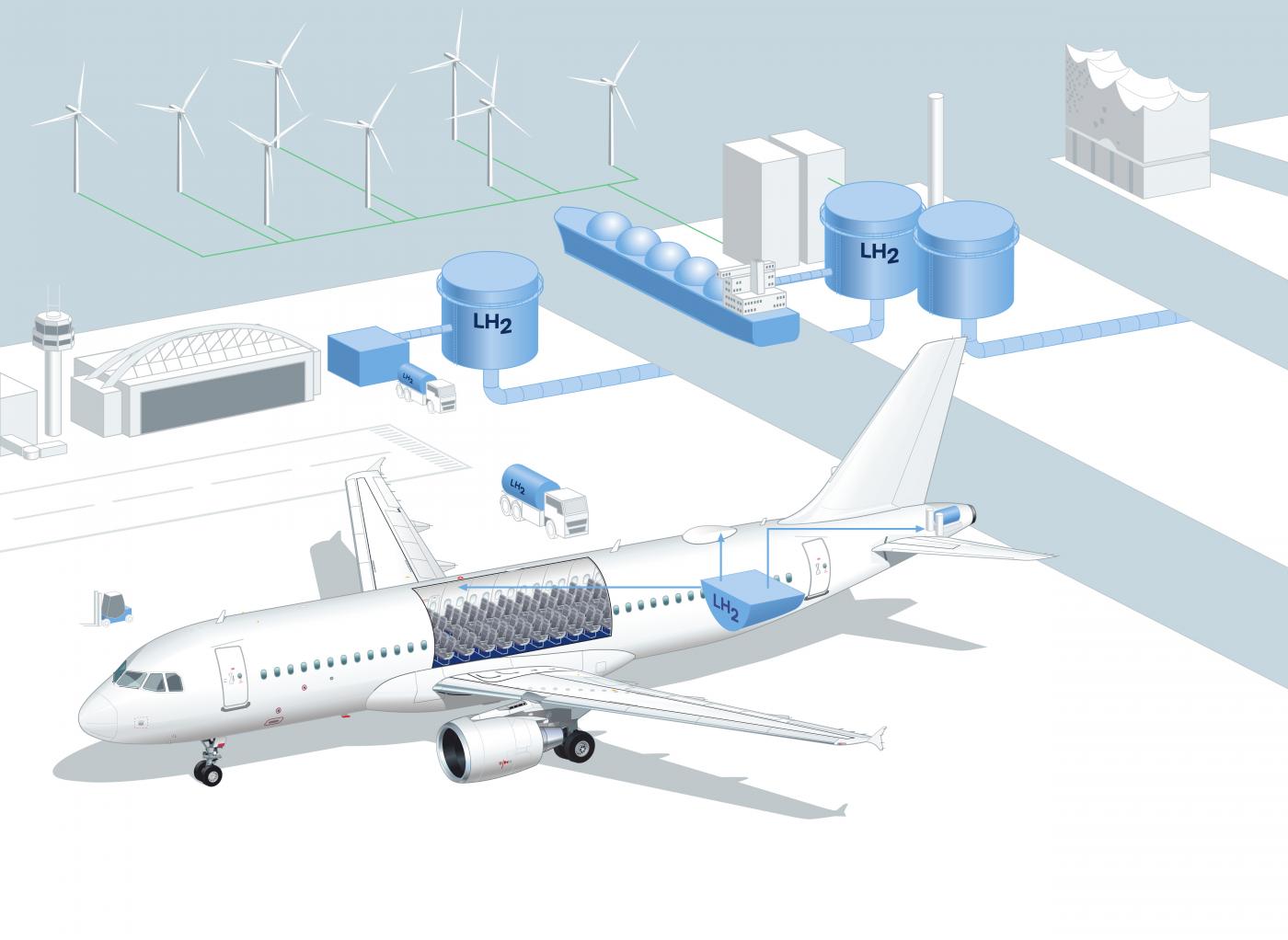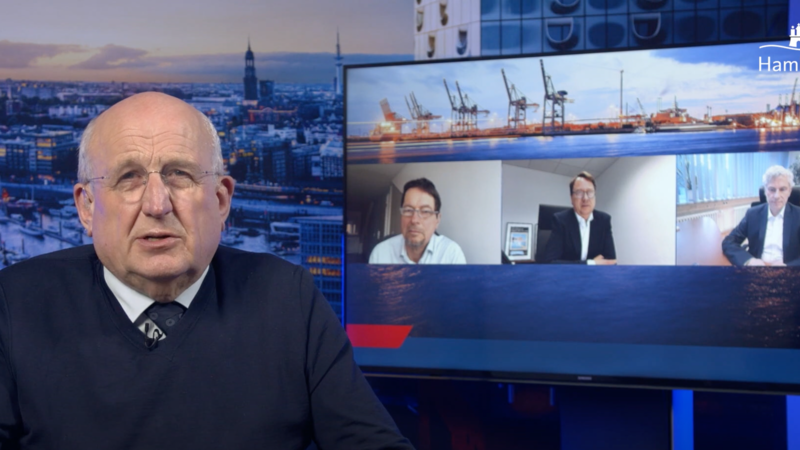"Hamburg is not just one of the three largest aviation clusters in the world. Last year, the city also developed the clear vision of becoming a major hydrogen metropolis," said Michael Westhagemann, Senator for Economics and Innovation. He added: "The port, the energy sector, industry and the entire mobility sector are involved and are preparing for this groundbreaking technology. We are making an essential contribution to transforming aviation into a climate-neutral mobility solution in future through this project. The clear goal is to build up a hydrogen economic sector in Hamburg that will lead the way internationally."
Lufthansa Technik, the German Aerospace Center (DLR), the Center for Applied Aeronautical Research (ZAL) and Hamburg Airport are preparing to design and test extensive maintenance and ground processes in handling hydrogen technology through 2023 with funds provided by the City of Hamburg, a press release said Tuesday (July 6, 2021). This comes as the aerospace industry gears up to fly with hydrogen and will see an Airbus A320 aircraft converted into a stationary laboratory at Lufthansa Technik's base in Hamburg.
Focus on transforming aviation sector
Practical tests from early 2022
The partners will identify the most urgent fields of development for closer scientific examination by late 2021. A concept will then be drafted for practical tests starting in early 2022 using a modified, decommissioned Airbus A320 aircraft. It will be equipped with LH2 infrastructure and will serve as a fully functional field laboratory at Lufthansa Technik's base in Hamburg.
A virtual environment is being created simultaneously at DLR to achieve digital and highly accurate mapping of the defined development fields. The new development platform should boost the design process of the next generation of aircraft by means of parameterized and highly accurate virtual models.

Plans for field lab and digital twin
Dr. Johannes Bussmann, Chief Executive Officer of Lufthansa Technik AG, remarked: "There is no alternative to the transformation of our industry towards climate-neutral flying. We want to tackle this enormous technological challenge at an early stage through this project – for the entire MRO industry and for us. In this way, we are actively securing the future because we are building up know-how today for the maintenance and ground processes of the day after tomorrow."
DLR will contribute its vast cross-sector experience with hydrogen and focus on the development of the virtual environment while ZAL will input its extensive know-how in fuel cell technology and digital process mapping. "The development of a field laboratory and a digital twin are important components of Hamburg's Green Aviation Technology Roadmap. They were developed together with the members of the Hamburg Aviation Cluster last year to strengthen Hamburg's competence in research and development in a European context," said Roland Gerhards, CEO of ZAL GmbH.
Hamburg Airport already using hydrogen for ground traffic
Hamburg Airport will input ts experience from the operator's perspective, for instance, in defining requirements for the ground handling process of future LH2-powered aircraft. Michael Eggenschwiler, CEO of Hamburg Airport, said: "Climate-friendly flying with hydrogen technology is only possible, if the infrastructure on the ground is a perfect match. That requires close co-ordination and we as an airport are pleased to be able to contribute our know-how to this important project -from questions of storage and distribution to the refuelling process on the apron. At the airport, we also rely on hydrogen as the technology of the future for our ground transport."
sb/kk/pb
Sources and further information
More
Similar articles

Green hydrogen sector planned in Moorburg

North German states launch joint hydrogen website

